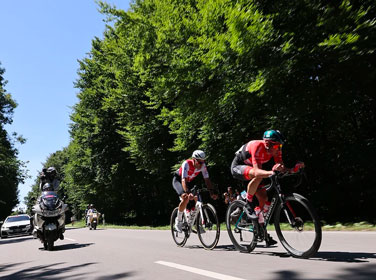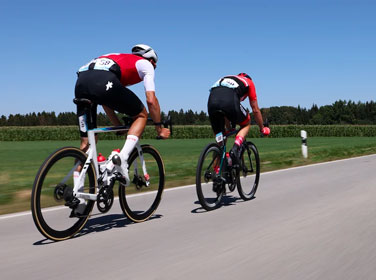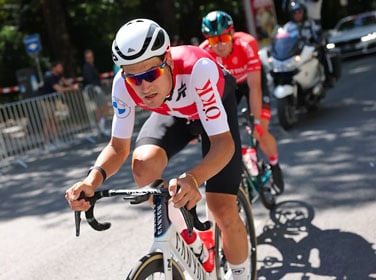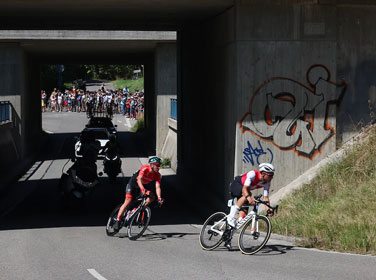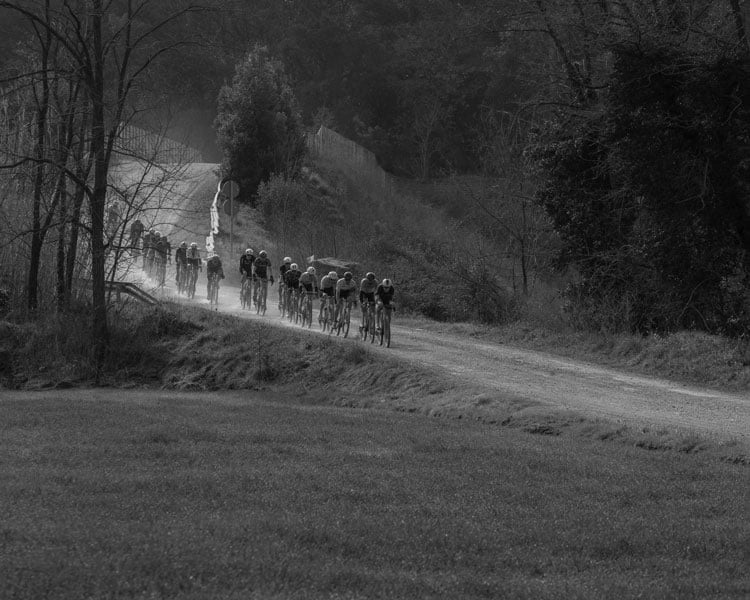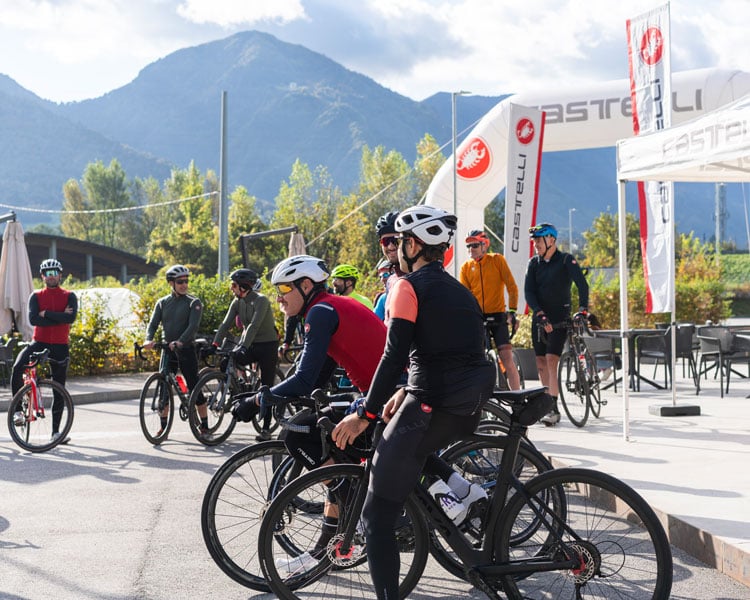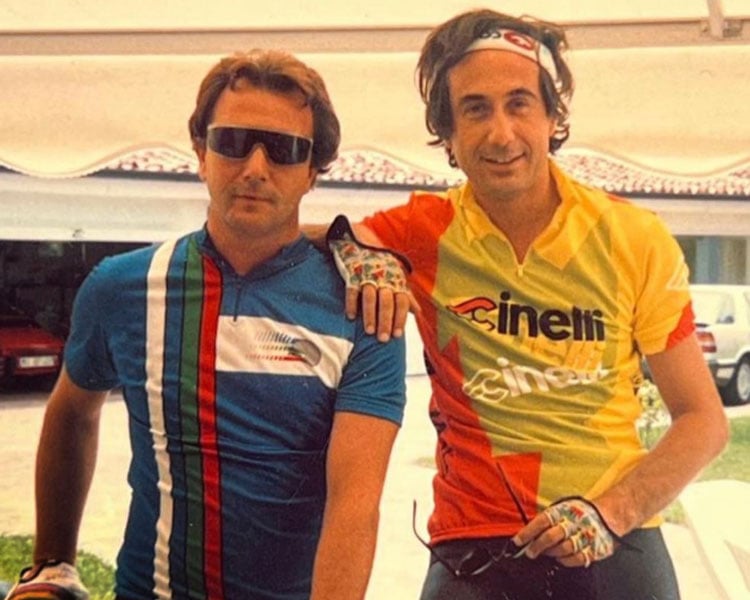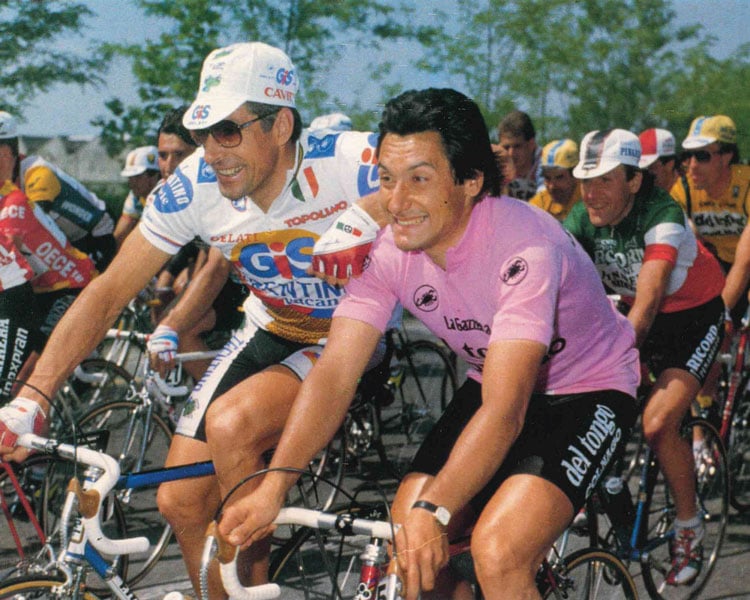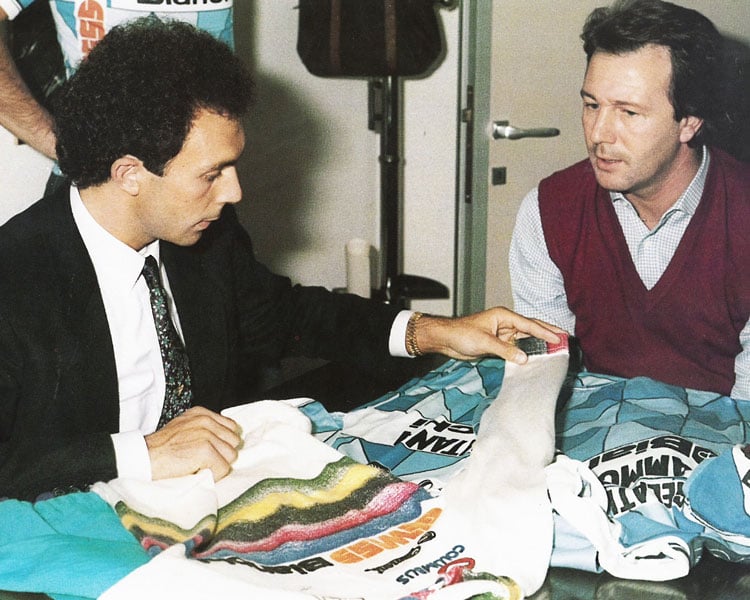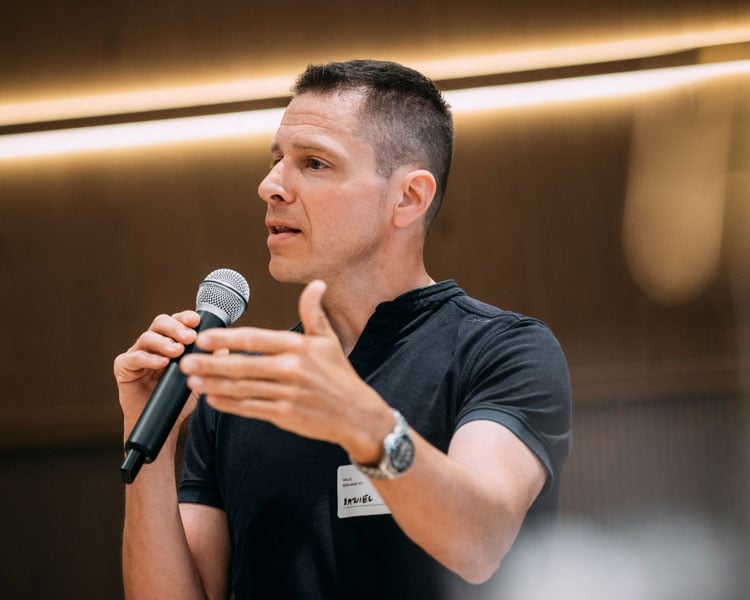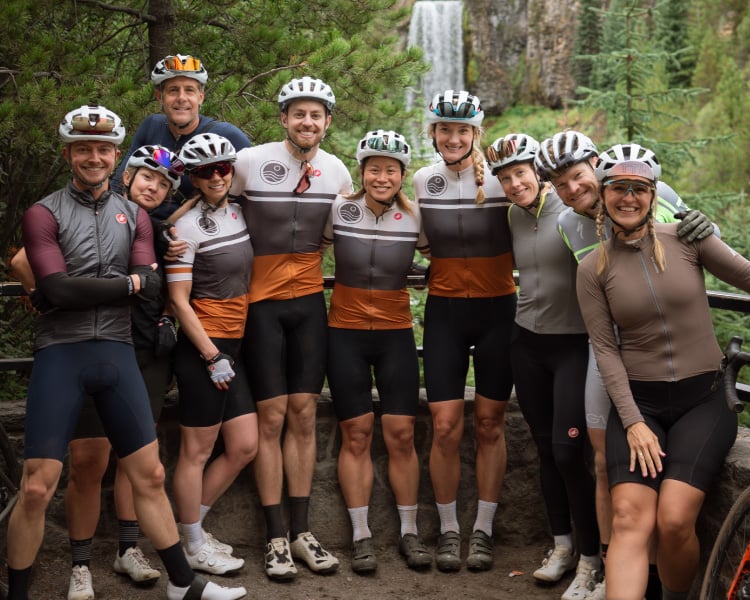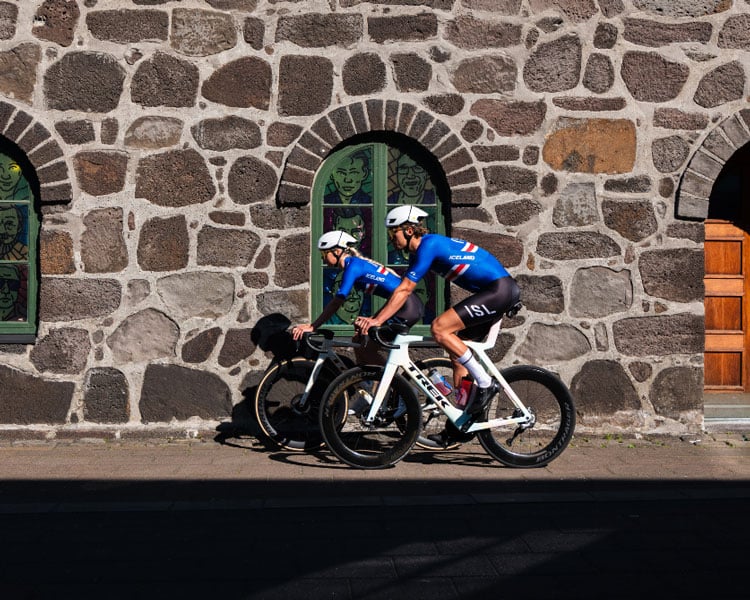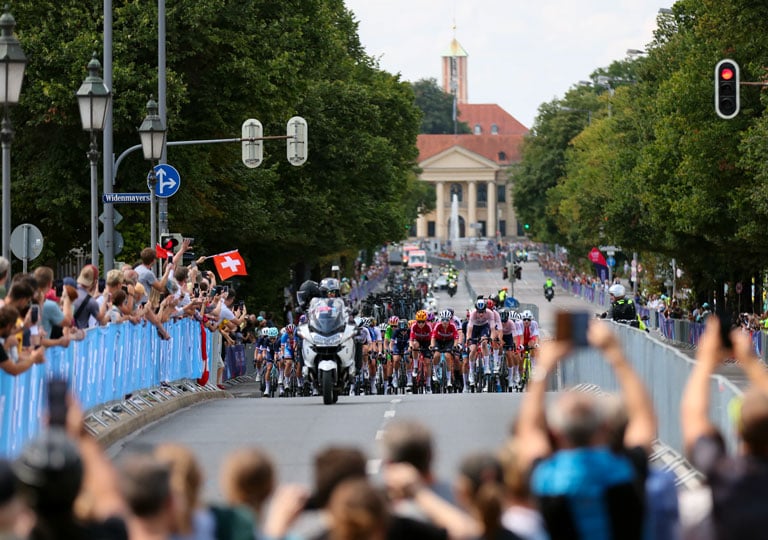
EUROPEAN ROAD CHAMPIONSHIPS 2022
351 athletes, 35 nations, 4 medal events are just some of the numbers of the European Road Cycling Championships held in Munich on August 14th, 17th and 21st.
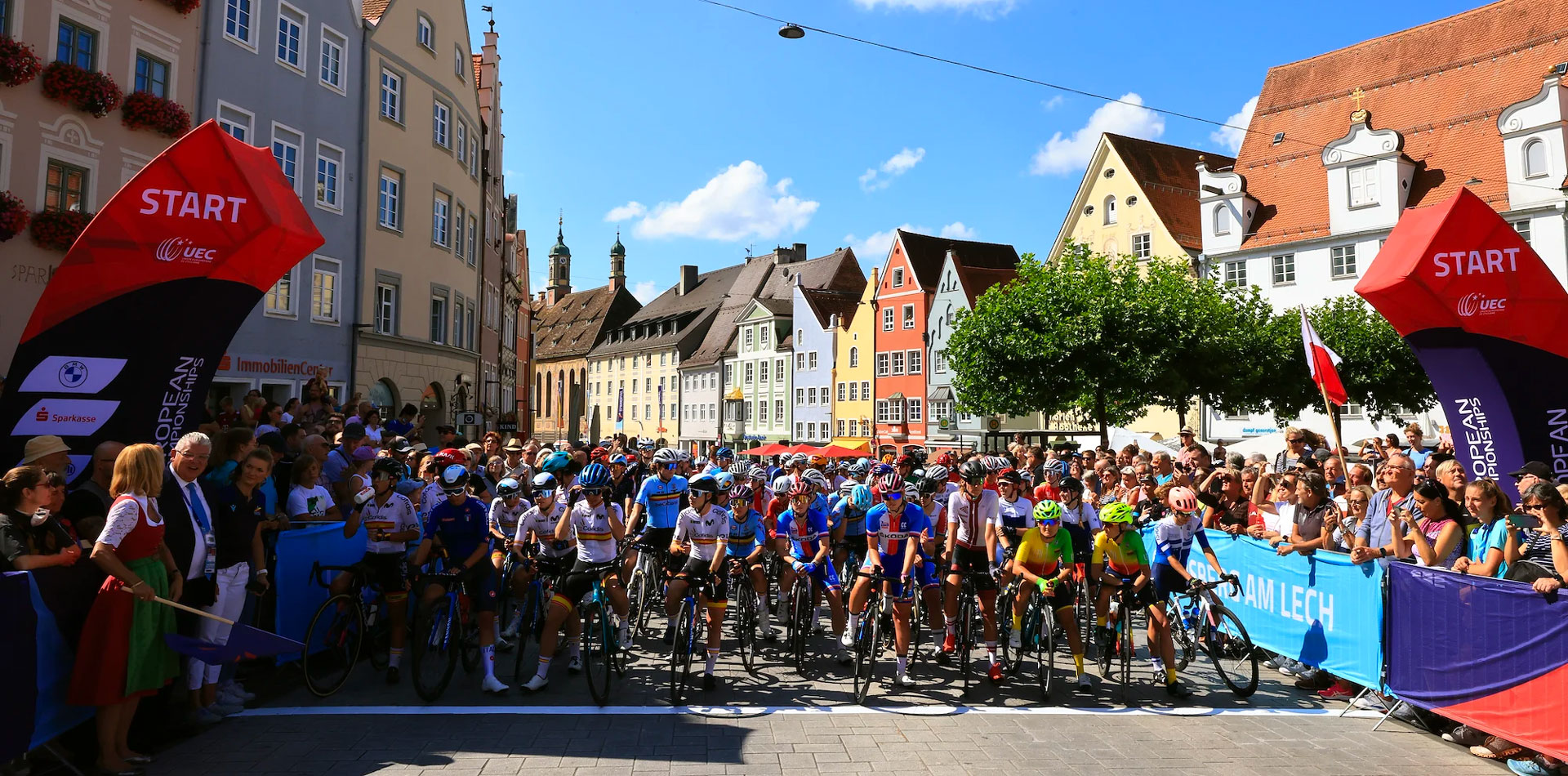
MEN'S ROAD RACE
August 14th was a really hot day. The heat was probably the main enemy of cyclists, who tackled a 209 km route through the picturesque slopes of the Alps starting from Murnau am Staffelsee and arriving in Munich.
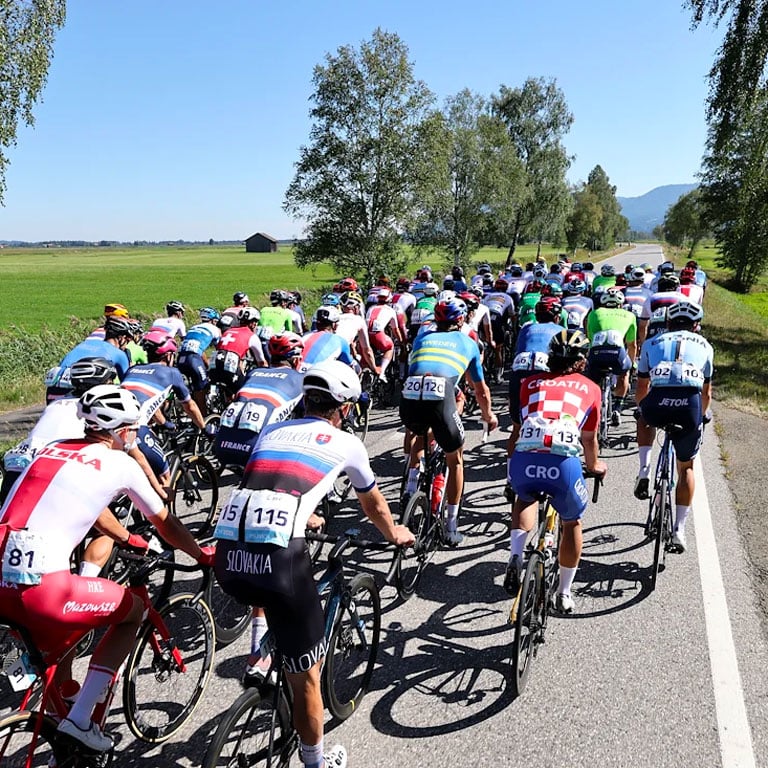
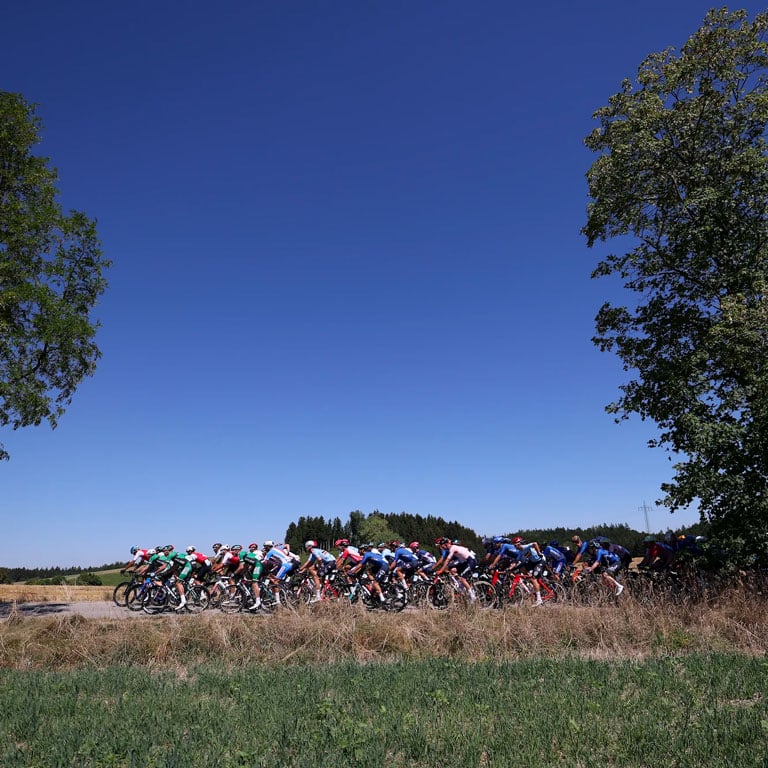
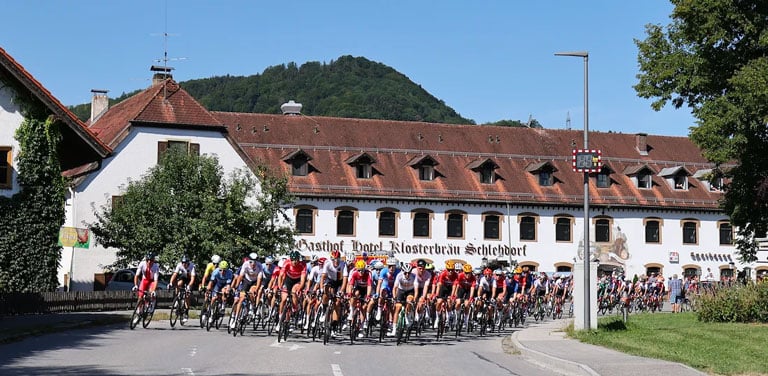
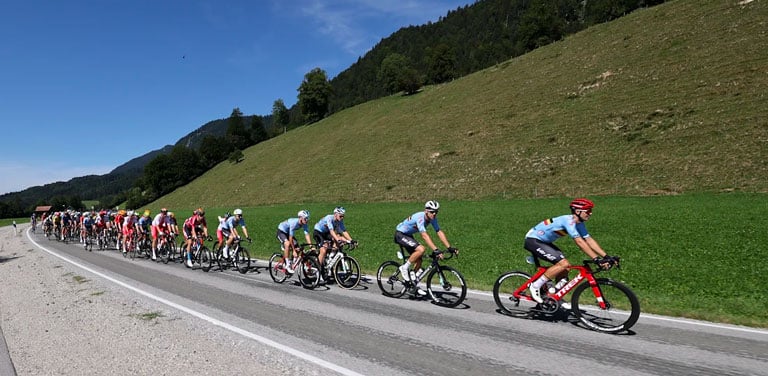
A few kilometers after the start, two riders, the Austrian Lukas Pöstlberger and the Swiss Silvan Dillier, set off alone trying to break away from the peloton. Although they managed to stay in the lead for much of the race, their advantage never went beyond 2 minutes and, thanks to the strength and pace of the Italian team, it gradually reduced to around one minute at 65 km from the finish.
After the fall of local favorite Pascal Ackermann, who knocked him out of the game, Pöstlberger and Dillier fought hard to keep their advantage over their rivals, but with 30 km to go they were again incorporated into the group. Thunderous applause for them who entertained, and not a little, the public.
After the fall of local favorite Pascal Ackermann, who knocked him out of the game, Pöstlberger and Dillier fought hard to keep their advantage over their rivals, but with 30 km to go they were again incorporated into the group. Thunderous applause for them who entertained, and not a little, the public.
Then, Belgium, the Netherlands, Italy and Norway teams, formed by the most accredited sprinters to win the medal, started to lead the group.
The Swiss Stefan Bissegger attempted to attack alone with 3.5 km from the end, but was recovered after only 1 km by the dutch team of Fabio Jakobsen, the pre-race favorite.
A determined French delegation hit the front on the run-in on Arnaud Démare's behalf before the Italian took up the reins in the final 1500 metres.
Jakobsen remained well positioned throughout the final before unleashing his nice winning sprint and finishing ahead of Démare and the Belgian Tim Merlier, Jakobsen's teammate in Quick-Step Alpha Vinyl Team.
The Swiss Stefan Bissegger attempted to attack alone with 3.5 km from the end, but was recovered after only 1 km by the dutch team of Fabio Jakobsen, the pre-race favorite.
A determined French delegation hit the front on the run-in on Arnaud Démare's behalf before the Italian took up the reins in the final 1500 metres.
Jakobsen remained well positioned throughout the final before unleashing his nice winning sprint and finishing ahead of Démare and the Belgian Tim Merlier, Jakobsen's teammate in Quick-Step Alpha Vinyl Team.
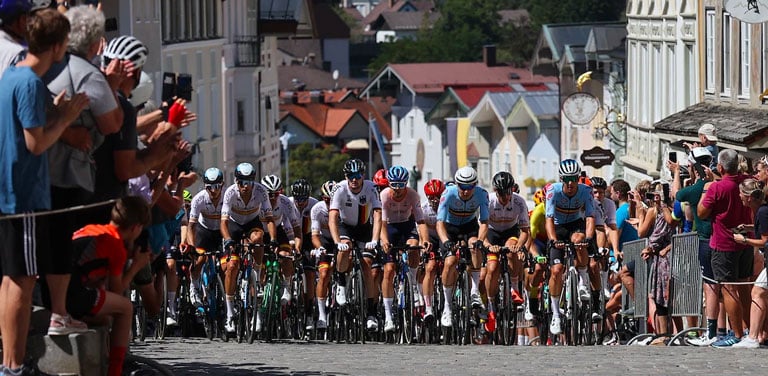
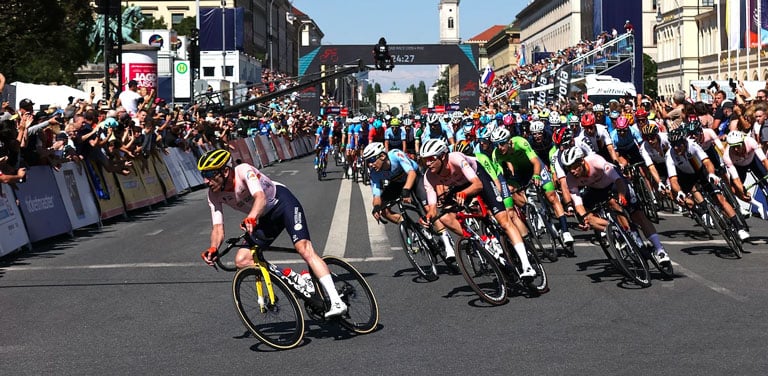
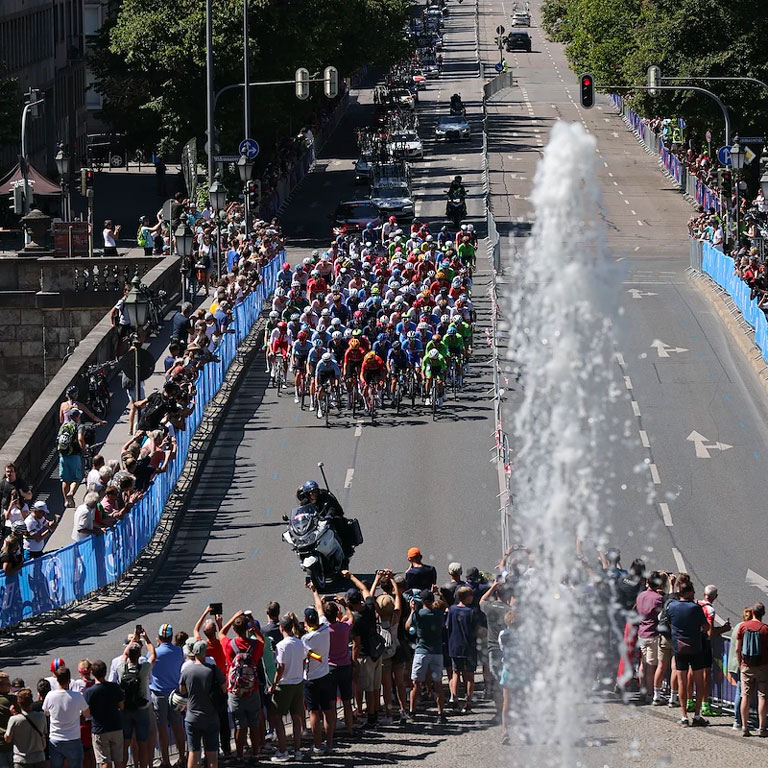
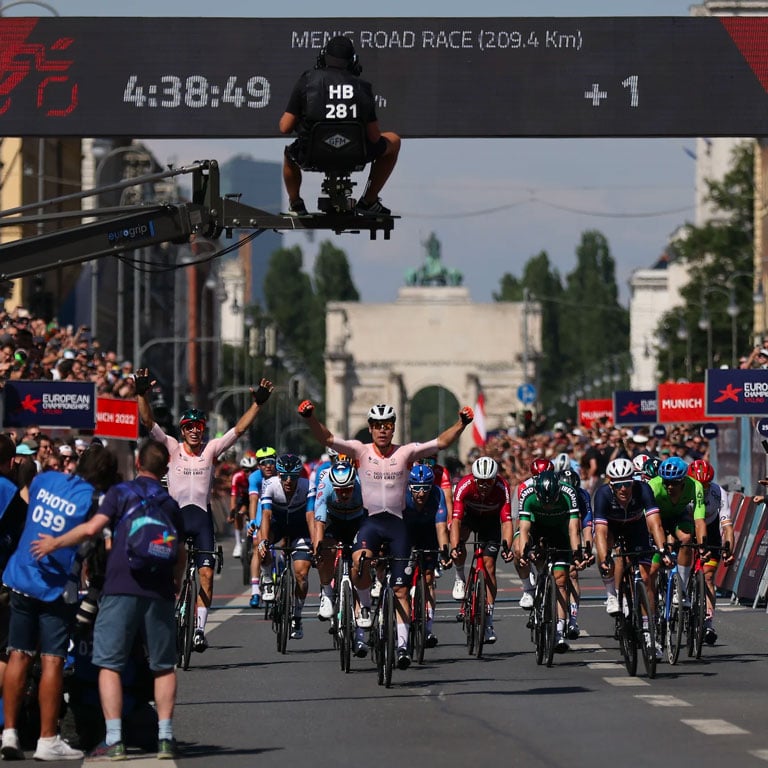
“
I already thought before the race that Tim was going to be my biggest competitor, we’re both top sprinters. I put myself in his slipstream and then I could pass. I’m super happy to be European champion.
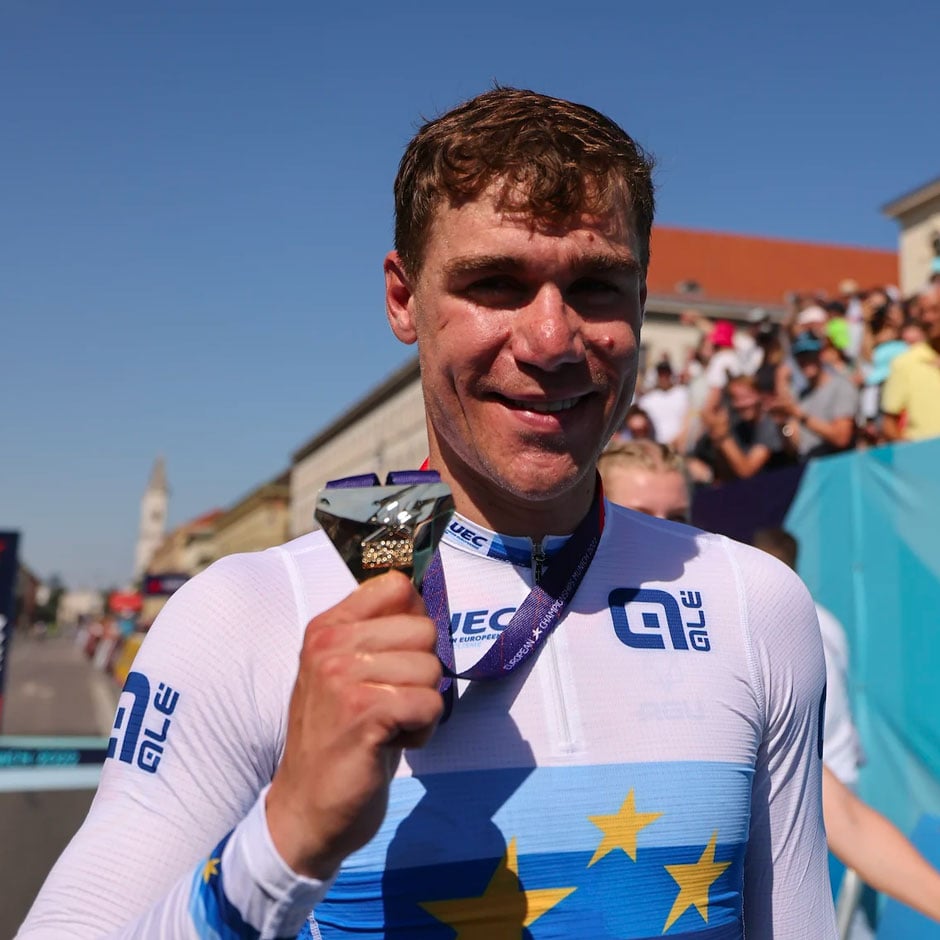
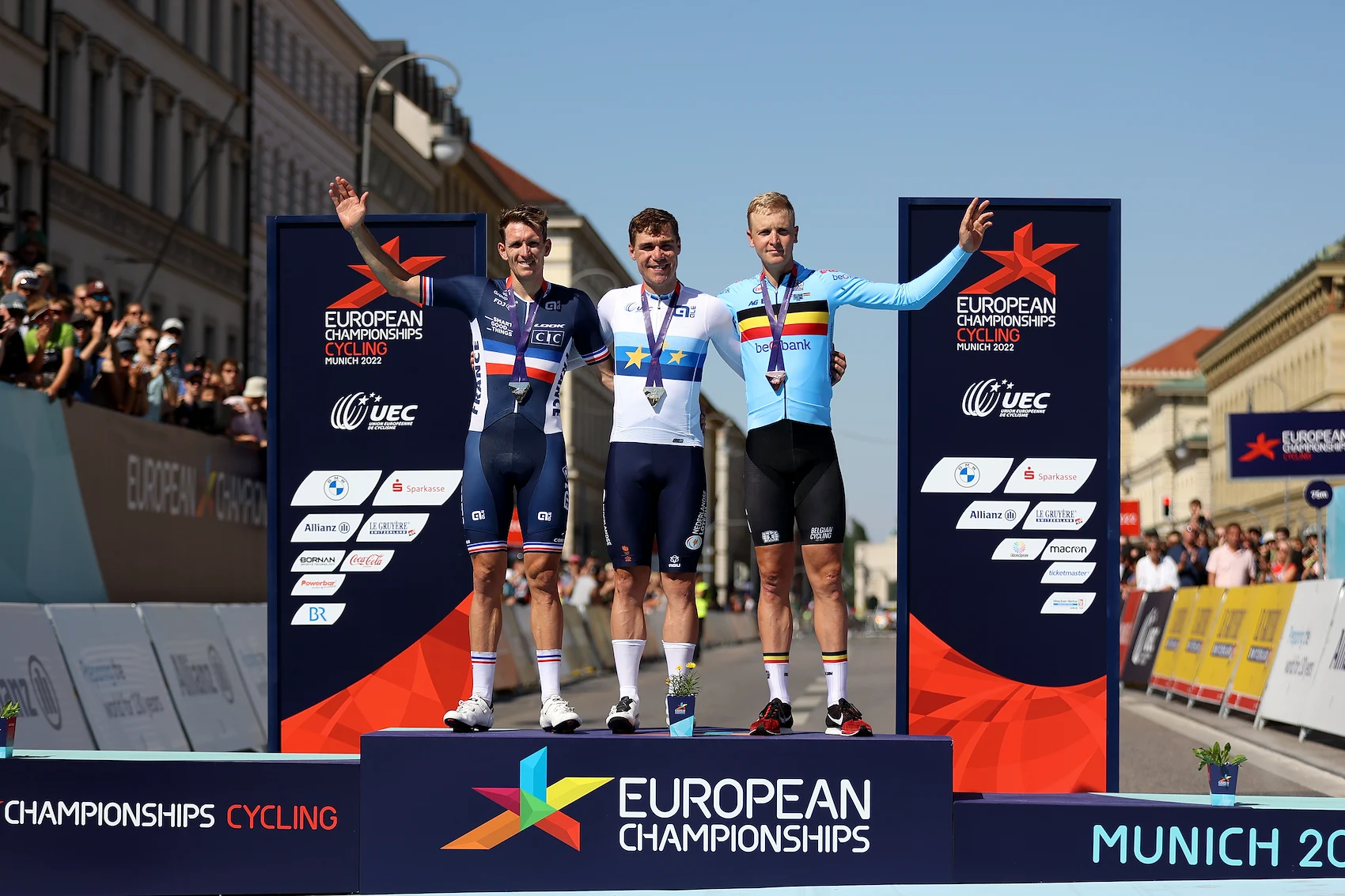
TIME TRIALS
This year Switzerland dominated in the men's and women's time trials, which took place on August 17th along a completely flat 24 km course with start and finish in Fürstenfeldbruck.
In the men's one, Stefan Bissegger triumphed with a time of 27'06'', beating his compatriot and former two-time winner Stefan Küng by just one second and the Italian world champion Filippo Ganna, who finished third, by 9 seconds.
In the men's one, Stefan Bissegger triumphed with a time of 27'06'', beating his compatriot and former two-time winner Stefan Küng by just one second and the Italian world champion Filippo Ganna, who finished third, by 9 seconds.
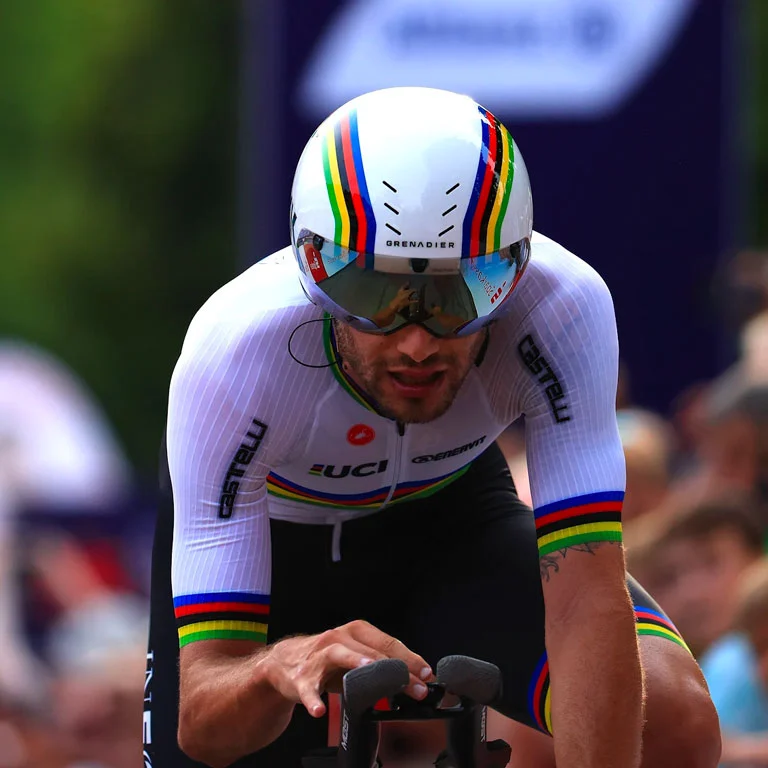
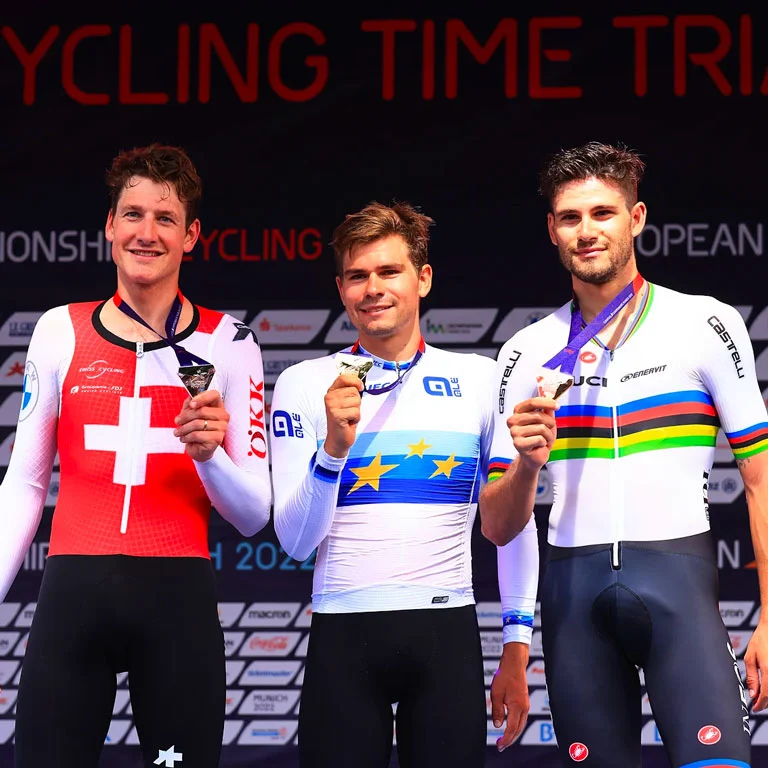
In the women's time trial, the gold medal was won by Marlen Reusser who confirmed her title of continental champion after that of last season in Trento.
It was a two-way battle, a remake of what we saw in Trentino in 2021: Reusser against Ellen van Dijk. The Swiss managed to win with a time of 31'00'', just six seconds to beat the Dutchwoman of Trek-Segafredo. Third place for Riejanne Markus, another athlete from the Netherlands who arrived 28 seconds late.
It was a two-way battle, a remake of what we saw in Trentino in 2021: Reusser against Ellen van Dijk. The Swiss managed to win with a time of 31'00'', just six seconds to beat the Dutchwoman of Trek-Segafredo. Third place for Riejanne Markus, another athlete from the Netherlands who arrived 28 seconds late.
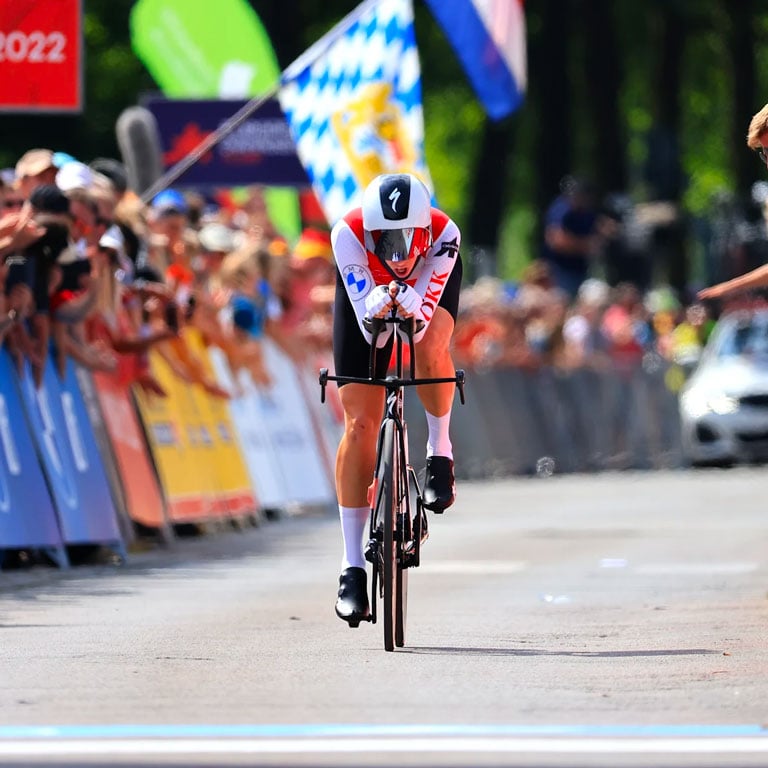
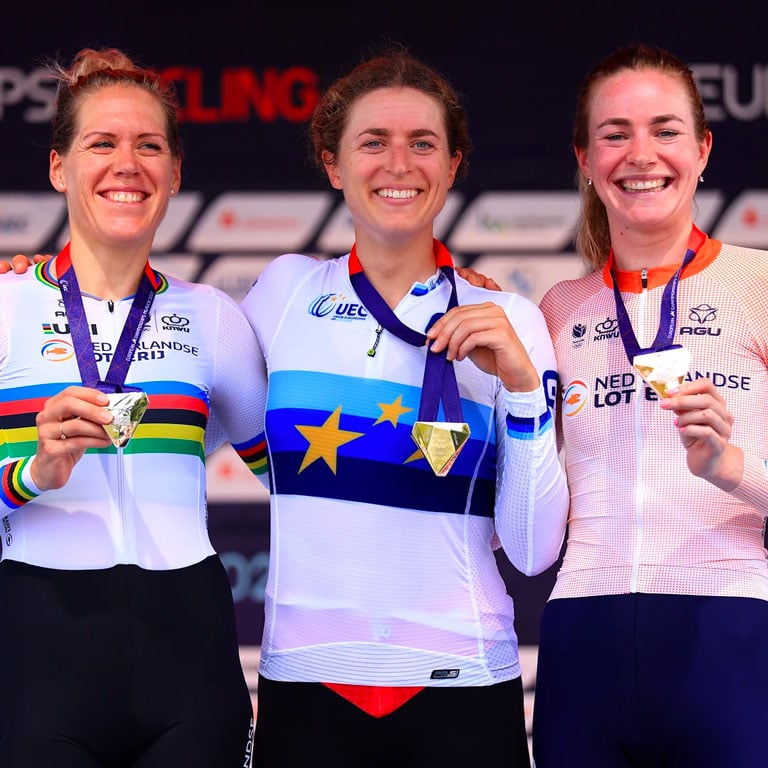
WOMEN'S ROAD RACE
August 21st was the day of the women's road race, a 129.8 km course from Landsberg am Lech to the center of Munich, passing by the Ammersee and Starnberg lakes and over the Wolfratshausen hill.
The Israeli Omer Shapira was the first rider to make a move, joined by the Slovenian Urška Žigart, the French Audrey Cordon-Ragot, the Italian Elena Cecchini and the Norwegian Stine Borgli. The leading quintet accumulated a 2 minute lead over the peloton but soon the Dutch team managed to recover, in the interest of Lorena Wiebes.
The last part of the race saw the German Lea Lin Teutenberg, the Spanish Sheyla Gutierrez and the French Juliette Labous leading the race with a gap of 16 seconds.
The Israeli Omer Shapira was the first rider to make a move, joined by the Slovenian Urška Žigart, the French Audrey Cordon-Ragot, the Italian Elena Cecchini and the Norwegian Stine Borgli. The leading quintet accumulated a 2 minute lead over the peloton but soon the Dutch team managed to recover, in the interest of Lorena Wiebes.
The last part of the race saw the German Lea Lin Teutenberg, the Spanish Sheyla Gutierrez and the French Juliette Labous leading the race with a gap of 16 seconds.
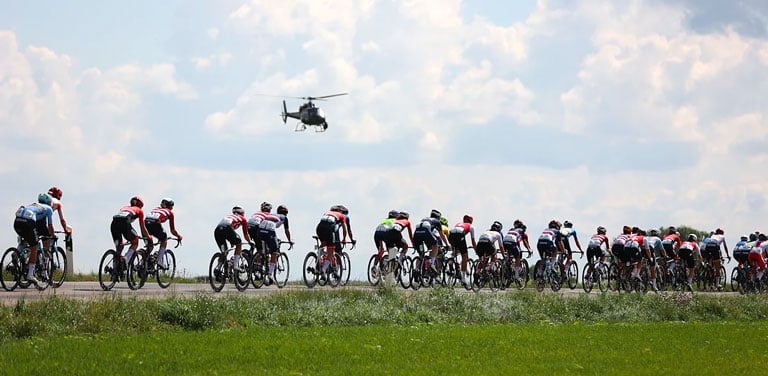
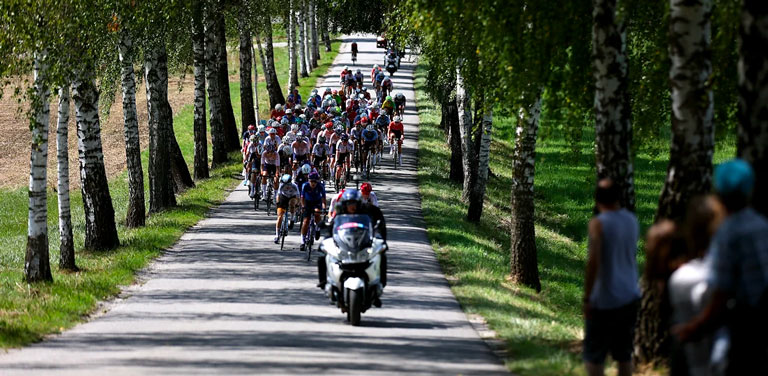
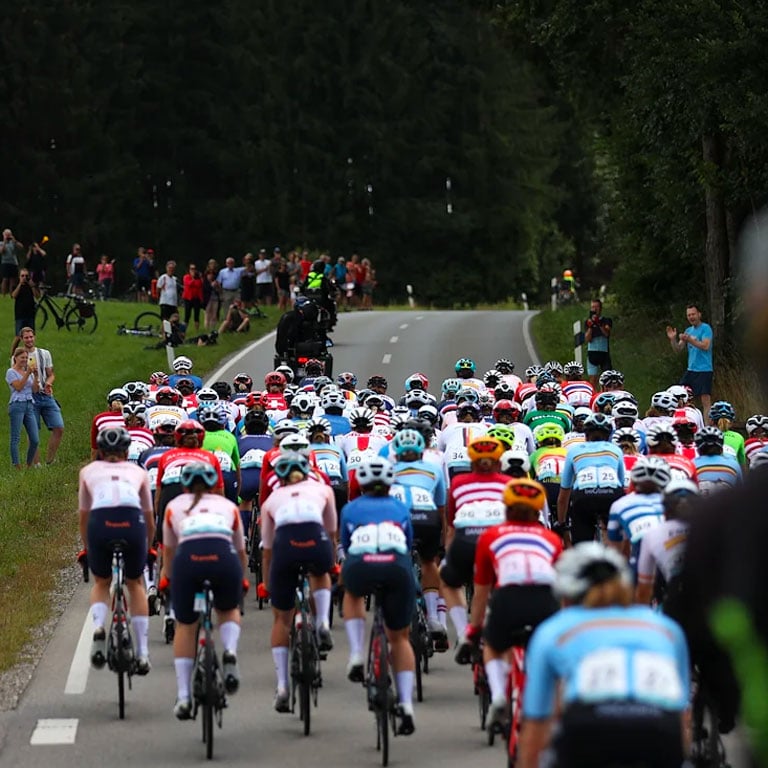
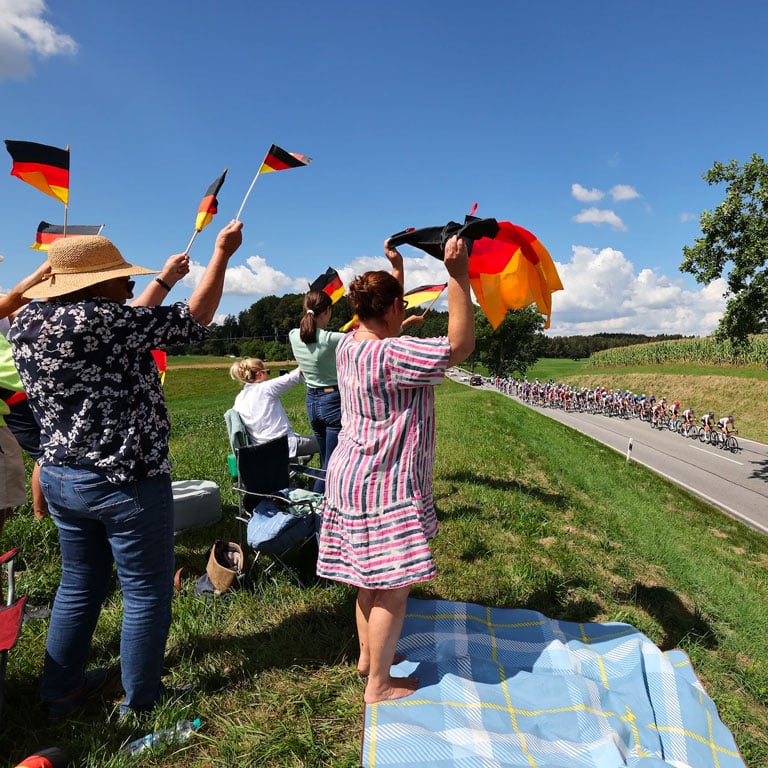
The catch was made inside the final kilometres as the Dutch and Italian squads proved strongest bringing their sprinters into position for the bunch sprint.
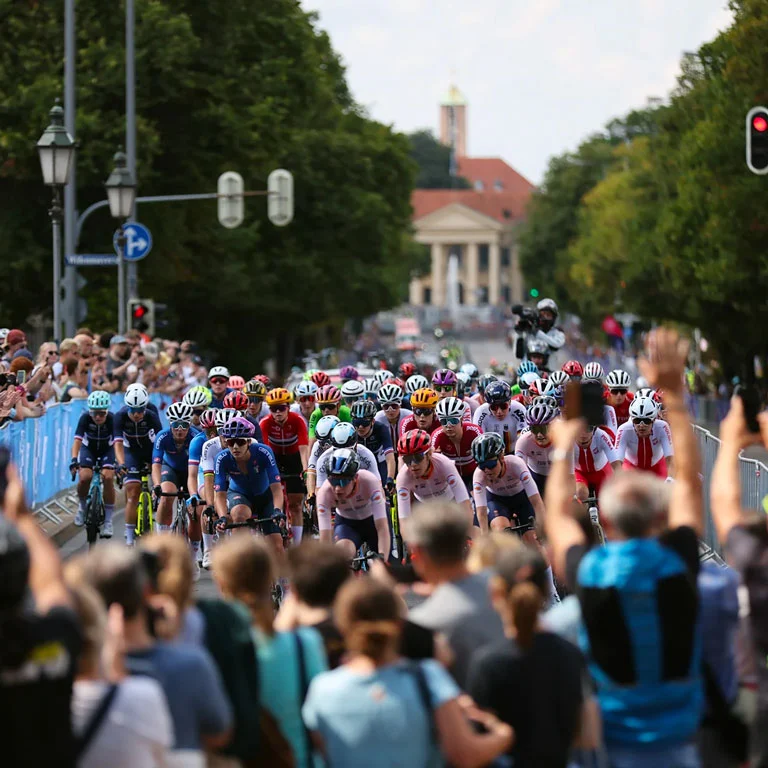
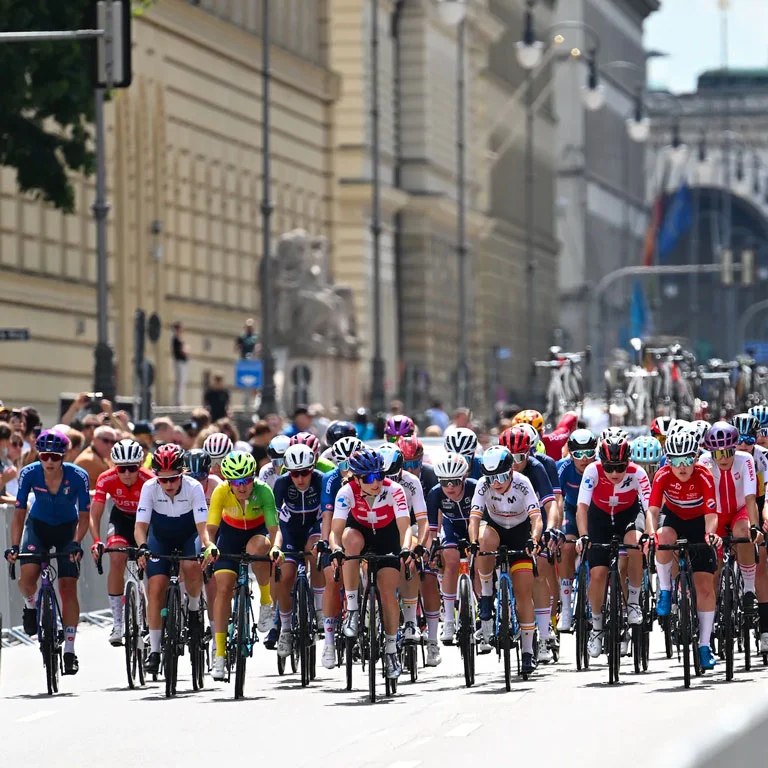
Demonstrating great power and tenacity, Lorena Wiebes managed to snatch the gold medal from the Italians Elisa Balsamo, world champion, and Rachele Barbieri in the photo finish. This is the sixth victory for the Netherlands in the women's road race at the European Championships.
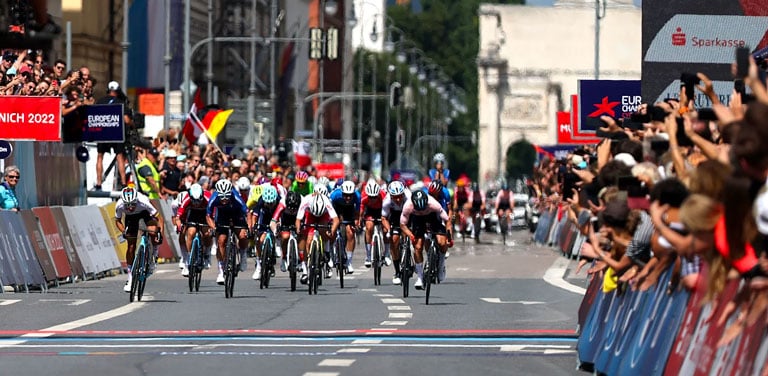
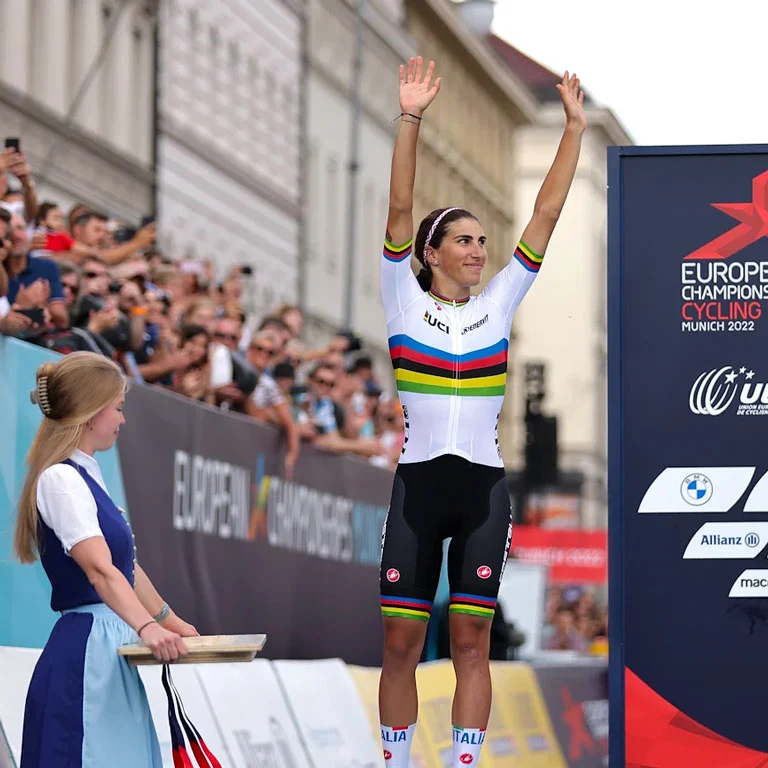
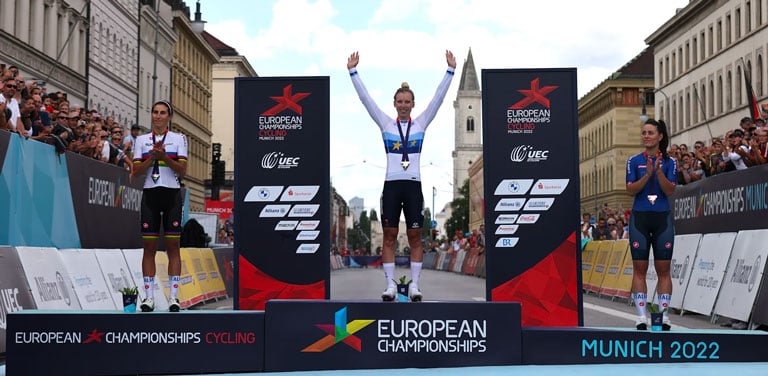
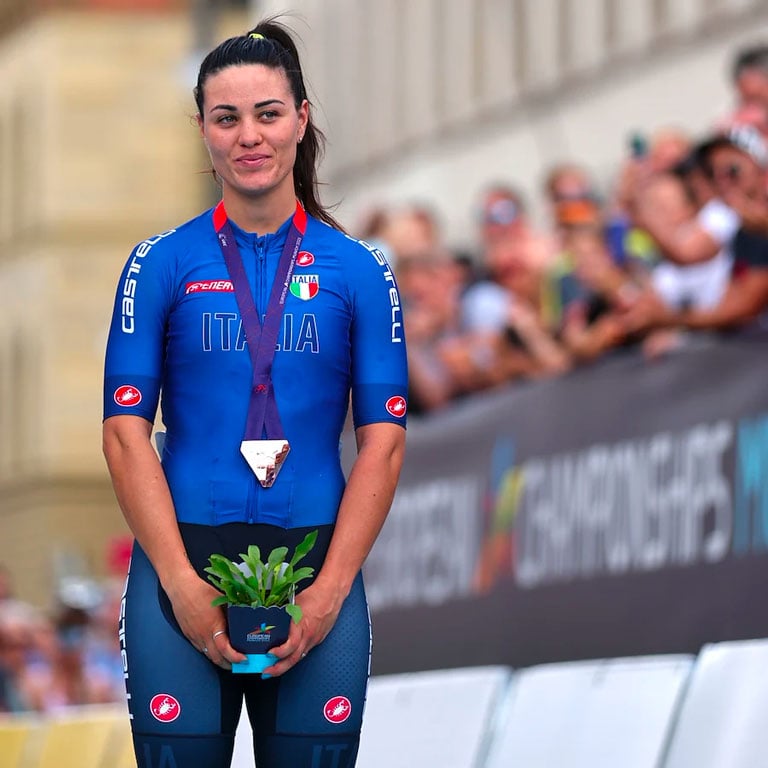
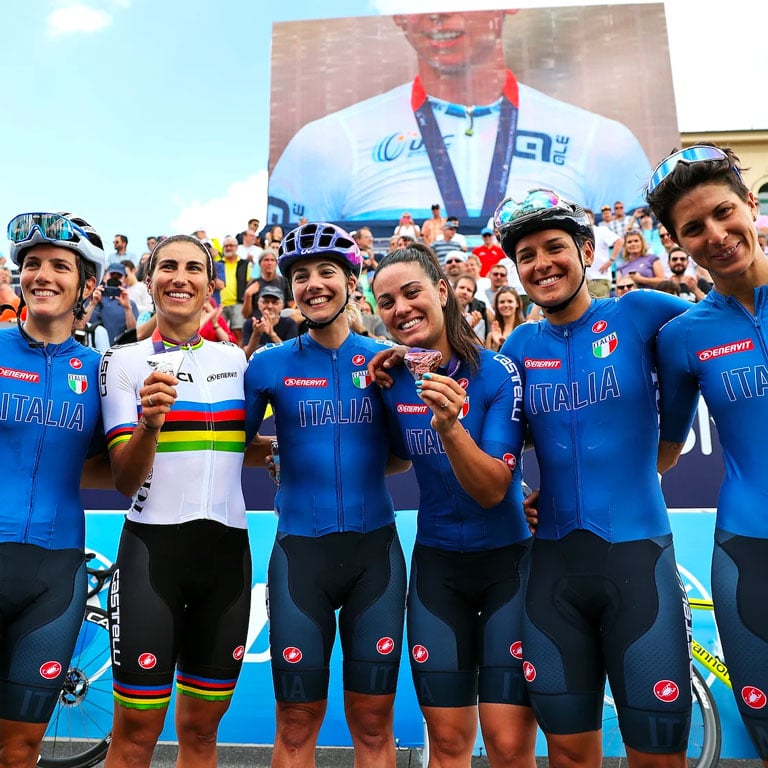
FOOTNOTES
Photos by Gettysport
Photos by Gettysport
